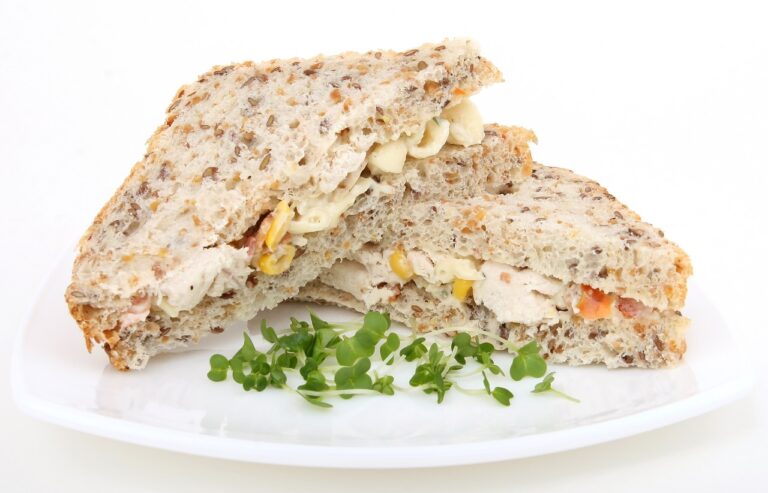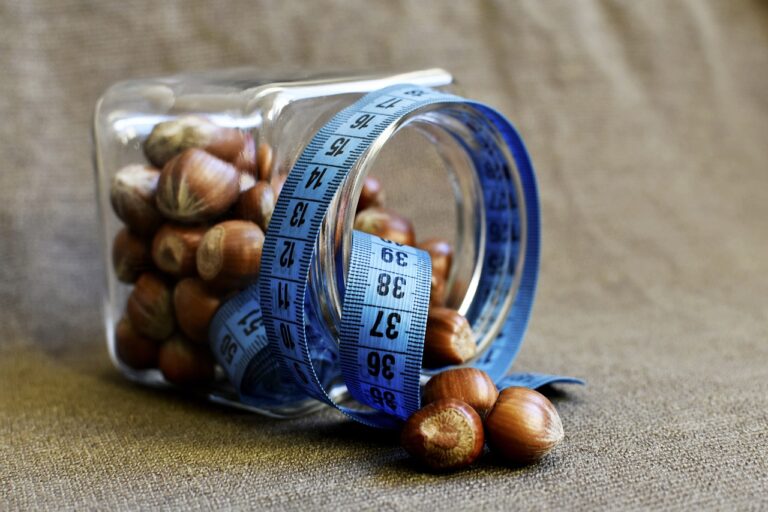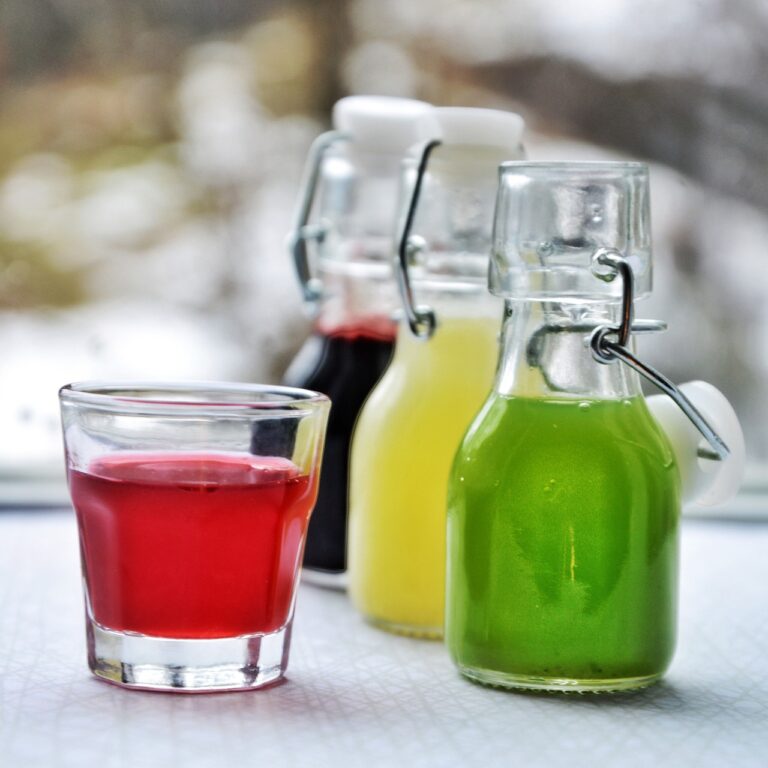Utilizing Biotechnology to Enhance Food Safety: Betbhai, Cricket99 exchange, Diamondexch9.con
betbhai, cricket99 exchange, diamondexch9.con: In today’s fast-paced world, food safety is a top priority for consumers, regulators, and producers alike. With the rise of globalization and increased food supply chains, ensuring the safety of our food is becoming more challenging. This is where biotechnology comes into play, offering innovative solutions to enhance food safety and protect public health.
Biotechnology, the use of living organisms or biological systems to develop products or improve processes, has revolutionized the agriculture and food industry. By utilizing biotechnology, we can improve food safety in various ways, from developing safer crop varieties to enhancing food processing techniques. Let’s explore how biotechnology is being used to enhance food safety:
Improving crop resistance
Biotechnology allows scientists to develop crop varieties that are resistant to pests, diseases, and environmental stresses. By enhancing crop resistance, we can reduce the need for chemical pesticides and herbicides, ultimately making our food safer for consumption.
Enhancing food processing
Biotechnology plays a crucial role in improving food processing techniques, such as sterilization, pasteurization, and fermentation. These processes help eliminate harmful bacteria, viruses, and other pathogens that can cause foodborne illnesses, ensuring the safety of our food products.
Ensuring traceability
Biotechnology enables us to track and trace food products throughout the supply chain, from farm to fork. By utilizing tools like DNA fingerprinting and barcode scanning, we can quickly identify the source of food contamination and prevent outbreaks of foodborne diseases.
Detecting foodborne pathogens
Biotechnology has led to the development of rapid and accurate methods for detecting foodborne pathogens, such as Salmonella, E. coli, and Listeria. By using techniques like polymerase chain reaction (PCR) and immunoassays, we can quickly identify harmful pathogens in food products and take immediate action to prevent foodborne illnesses.
Improving food preservation
Biotechnology offers innovative solutions for food preservation, such as using natural antimicrobial agents or developing packaging materials that extend the shelf life of food products. These advancements help reduce food waste and ensure the safety of our food supply.
Enhancing food quality
Biotechnology can also be used to enhance the nutritional quality of food products, such as increasing the levels of essential nutrients or reducing allergens. By improving the quality of our food, we can promote public health and well-being.
In conclusion, biotechnology is a powerful tool that can help enhance food safety and protect public health. By utilizing biotechnological advancements in crop breeding, food processing, traceability, pathogen detection, preservation, and quality enhancement, we can ensure the safety and integrity of our food supply. As technology continues to advance, the possibilities for using biotechnology to improve food safety are limitless.
FAQs:
Q: Is biotechnology safe for food production?
A: Yes, biotechnology has been extensively researched and regulated to ensure the safety of food products. Regulatory agencies like the FDA and USDA closely monitor the development and use of biotechnological advancements in the food industry.
Q: How does biotechnology help reduce foodborne illnesses?
A: Biotechnology helps reduce foodborne illnesses by improving crop resistance, enhancing food processing techniques, ensuring traceability, detecting foodborne pathogens, improving food preservation, and enhancing food quality.
Q: Can biotechnology replace traditional food safety practices?
A: Biotechnology should be used in conjunction with traditional food safety practices, such as good manufacturing processes, hygiene practices, and proper food handling. Together, these strategies can help ensure the safety of our food supply.







